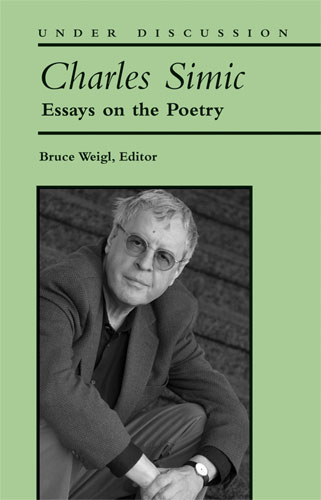For those who’ve travelled down any road of literary
discovery, I don’t think it is surprising for me to say that I recently began
following a path of study that led me to insights I was surprised to find. Not so much surprised at the findings, but
surprised at myself for what I had missed.
When I was an undergrad studying English and writing poetry
(most of it bad I must admit), I was living within the aftershock of Anne
Sexton’s 1974 suicide. While a student, I
read every one of her books and absorbed her powerful sense of simile and
metaphor, as well as her courage to use physical/body imagery in starkly vivid
ways. What I missed about Sexton was the size of the huge door that she opened
in poetry.
Anne with her contemporaries (and friends) Sylvia Plath and
Robert Lowell was categorized, along with others, as “Confessional.” Unfortunately, this category became
pejorative. I realized this critical
attitude, but in my own naïve un-academic pursuits of poetic knowledge and
enjoyment, I assumed most contemporary poetry was confessional in some
manner…even if the first person was not speaking autobiographically. The Beat writers had their own category (too
Bohemian for the literary establishment to take them seriously as it did with
their Confessional contemporaries), but they too were breaking down the taboos
of what personal experience was acceptable to write in poetry. I have always believed in the Hemingway
mantra to write what you know, to write “one true sentence,” that if the
writing doesn’t come from true experience the reader will know it.
So I began a study to shape a class that would explore “how
much confession is too much confession” with a focus on de-bunking the
criticism of confessional poetry. The
answer to that original question was fairly easy to determine: too much
confession is self-absorption, narcissism, and shock for the sake of
shock. What I found (to my surprise) was
how I had never formalized in my own mind the importance of Sexton and Plath in
breaking the ground for women to write about what is true female experience…forget
the confessional categorization.
Plath with her anger and raging against the feminine roles
she was forced to play. Sexton with her
honesty about mental illness and subjects of menstruation, sex from a woman’s
perspective, adultery, masturbation, and motherhood. Neither of these women would think of
themselves as feminists (though the feminist movement of the ‘70s used Plath
especially as a poster child), they thought of themselves as “woman poets.” But this courage to be honest, not to hide
what they were truly talking about behind euphemism or allegory, opened the
door for all writers and you can easily see how they set the stage for the Slam
poetry of today (as much as Ginsberg had).
I had always realized the place of the Confessional Poets in
the American poetry pantheon. But what
is important to me is that now I can verbalize why literary confession is
validating for readers.
Why? Because we are
all human and in the shaping and crafting of personal experience into the
framework of a literary form, what we share as feeling human beings takes on a
universality; it is shaped for us in a way that becomes less mysterious, less
threatening, less scary. We can see others
and ourselves more clearly, more accessibly.
We gain an understanding that is not taught in school, or church, or
even by our families.
“Confession” also means affirmation and revelation.
This is not confession, but insight. This is writing the “true sentence.” The best writing prompt I ever received was
this: “write something that you don’t want read until after you are dead.” How brave you can suddenly become. If there is a story inside of you that won’t
be silenced, then it is worth writing down because it is your own truth;
whether it ever gets read, or not.
This is from Anne Sexton’s poem “For John, Who Begs Me Not
to Enquire Further:”
…I will hold my awkward bowl,
with all its cracked stars
shining
like a complicated lie,
and fasten a new skin around
it
as if I were dressing an
orange
or a strange sun.
Not that it was beautiful,
but that I found some order
there.
There ought to be something
special
for someone
in this kind of hope…




